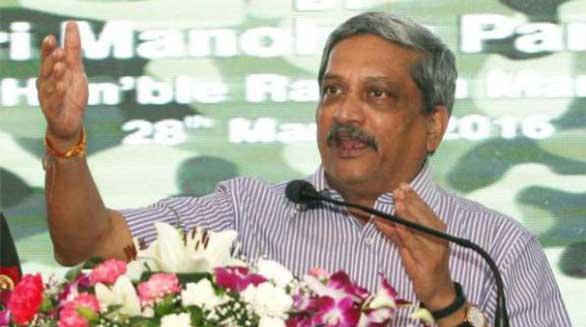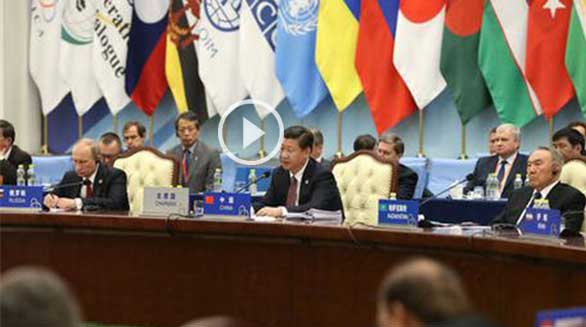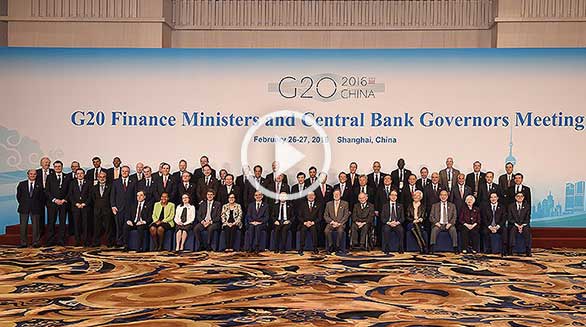哈佛大学国际发展中心:政府采购概览
政府采购货物和服务的份额一般占到发达国家GDP的10-15%,而在发展中国家则占 到多达20%以上。为了控制和利用国际经济份额中这一重要部分,WTO成员于1994 年乌拉圭回合谈判签署了多边协议-政府采购协定GPA(仅仅对选择签署了该协议 的世贸组织成员有约束力)。这份协定的基础是1979年东京回合签署的文件。目 前,已经有26个缔约国,包括加拿大、欧盟、联合王国和美国等,其他缔约国也 主要是一些发达国家。

(哈佛大学,资料图)
GPA的主要意图是保证政府有关采购货物和服务的决定不依赖于货物的产地和服务 的提供者,也不管其外国亲和力。GPA协议首次建立“无歧视”原则的初衷产生与 1996在新加坡召开的研究政府采购透明性的部长级会议,这次会议上,所有WTO成 员国都派出了代表。
政府采购透明度工作小组主要检视以下问题,例如:某一特定政府是否公布其政 府采购决定赖以做出的标准?她是否公布采购机会的公告以便所有供应商周知? 是否鼓励潜在供应商竞争?对这些问题和其他一些问题进行调查后,工作组将努 力创建一种制度,开放政府合同竞争。
许多国家为货物和服务政府采购都设立各种不同原因的限制。一些是为了鼓励国产,虽然好多发展中国家都已经限制了本国服务业,从而转向外国服务提供商。
一些发达国家乐见GPA多边协议成功。这一步骤将为他们自己的公司增加市场机会 ,使它们可以在"同一水平游戏平台"上竞标国外政府采购项目。GPA最大的鼓吹者 是美国和欧盟。
GPA多边协议的鼓吹者还将她看成是发展中世界“优良政府”日程的一部分——他 们辩称,政府采购越透明,国内政府和供应商之间就越少机会产生腐败和权力寻 租。
虽然这些国家都很希望将来产生多边协议,多边协议论的反对者则来自几个发展 中国家(特别是印度、巴基斯坦和埃及)以及救济组织,如乐施会等。这些国家和组织并不认为开放政府采购市场是获得"同一水平游戏平台"的途径,而是会带来发展中和欠发达国家很可能失去扩张其工业王国平台的严峻局势。这些发展中国家和救济组织害怕,一旦大型企业和根基庞大的外国公司允许进入本国市场,与本国公司一道竞争,本国公司将处于劣势,还会带来平衡支付的问题。
另外,其他反对国则称,政府采购有关法律将对他们强调的一些非贸易问题产生限制,例如环境问题、生态标签以及人权问题等。例如,如果目前一个政府有诸如劳工水平等问题,他们将仅仅从符合其劳动标准的公司采购,从而打击工作场所侵犯人权的问题。这些国家辩称,如果政府采购法律在类似问题上放松标准,他们国家的环境保护、劳工标准,诸如此类问题上将坠入下乘。
附原文:
Government Procurement Summary
Government Procurement of goods and services typically accounts for 10-15% of GDP for developed countries, and up to as much as 20% of GDP for developing countries. In an attempt to harness this significant portion of the international economy, WTO members signed the plurilateral (only binding to WTO members who choose to sign) Agreement on Government Procurement (GPA) at the Uruguay Round in 1994. The agreement was based on the 1979 Tokyo Round government procurement agreement. Currently, there are 26 signatories, including Canada, the EU, the United Kingdom and the United States.[1] The rest of the signatories are predominantly developed countries. [2]
The intention of the GPA is to ensure that government decisions regarding government purchases of goods and services do not depend upon where the good is produced or the service rendered, nor upon the supplier's foreign affiliations. The GPA signatories' initial step in establishing this "non-discrimination" was to create a working group at the 1996 Ministerial Conference in Singapore to investigate government procurement transparency. All WTO members were represented in this working group.
The Working Group on Transparency in Government Procurement examines questions such as: does a particular government publish the criteria upon which it bases its procurement decisions? Does it publish the opportunities for procurement so that all suppliers know about them? Does it encourage competition among potential suppliers? After investigating these questions and others, the working group will try to create policies to open competition for government contracts.
Many countries place restrictions on government procurement of both goods and services for a variety of reasons. Some will do so to encourage domestic industry, though many developing countries have limited domestic service industries, and turn to foreign service providers as a result. Several developed countries would like to see the GPA become a multilateral agreement. Such a step would increase market opportunities for their own firms, allowing them to bid for foreign government purchases on a "level playing field." The most vocal proponents of a multilateral GPA are the U.S. and E.U.
Proponents of a multilateral GPA also see it as part of a "good governance" agenda for the developing world - the more transparent procurement processes are, they argue, the less opportunity there will be for corruption and rent-seeking on the part of domestic governments and suppliers.[3]
While these countries hope for a multilateral GPA in the future, opposition to a multilateral agreement comes from several developing countries (particularly India, Pakistan and Egypt) and relief organizations, such as Oxfam.[4] These parties see the opening of government procurement not as a way to gain a "level playing field," but rather as a situation in which developing and least developed countries are likely to lose ground to expanding industrial countries. The developing countries and relief organizations fear that the growing industries of developing nations will be at a disadvantage if large and established foreign companies are allowed to bid for government contracts alongside their own domestic firms, leading to balance of payments problems.
In addition, other opposing countries cite government procurement laws as a restraint on their ability to address certain non-trade issues, such as the environment, ecolabelling, and human rights issues. Currently, if a government has certain labor standards, for example, it may discourage human rights violations in the workplace by only purchasing from firms that meet their standards. Such countries argue that if government procurement laws would eliminate their discretion in deciding similar matters, and labor standards and environmental protection, among other things, would fall.
下一篇:从与GPA的差别看制度完善













